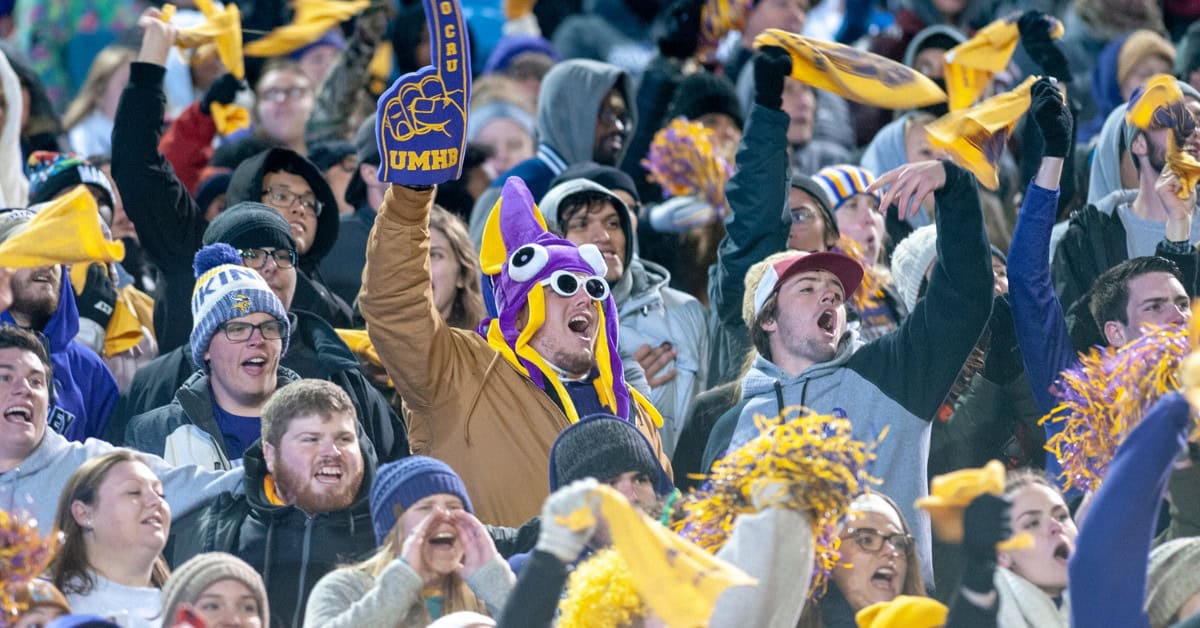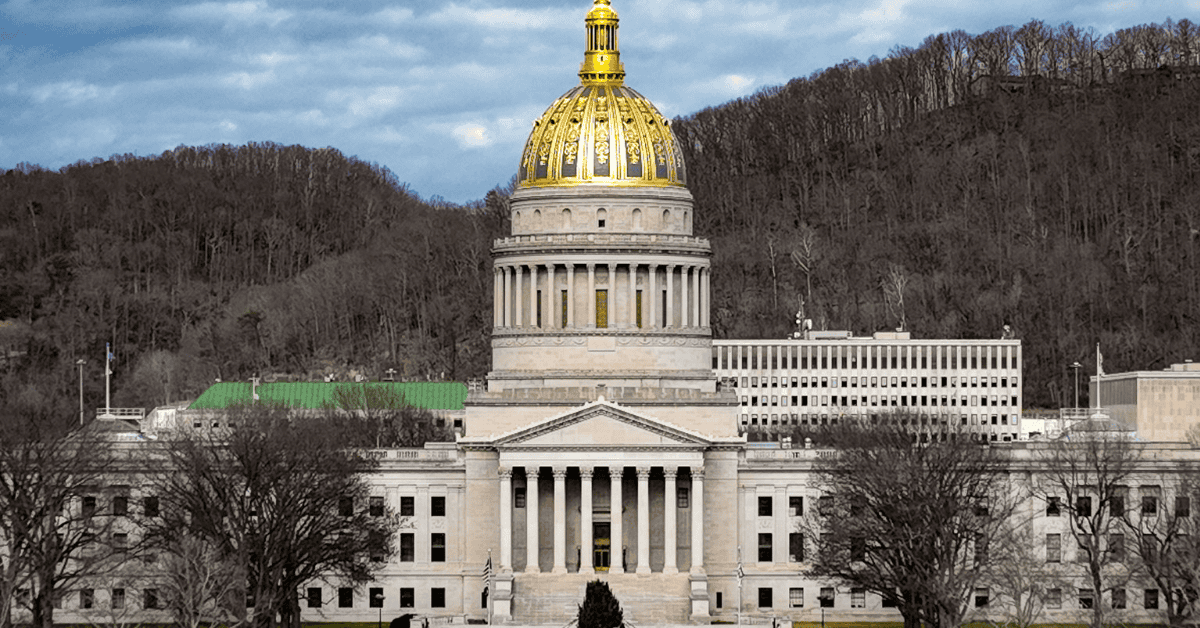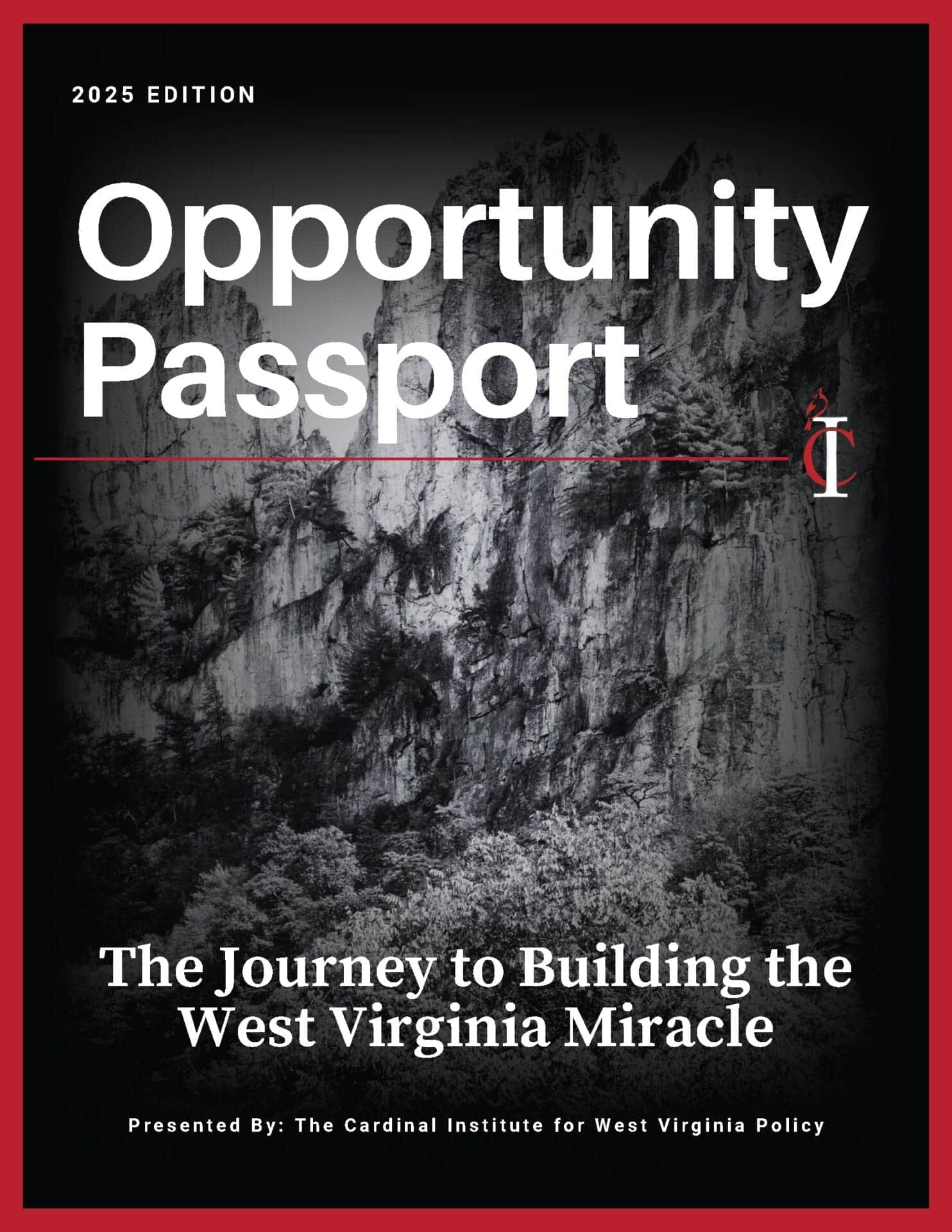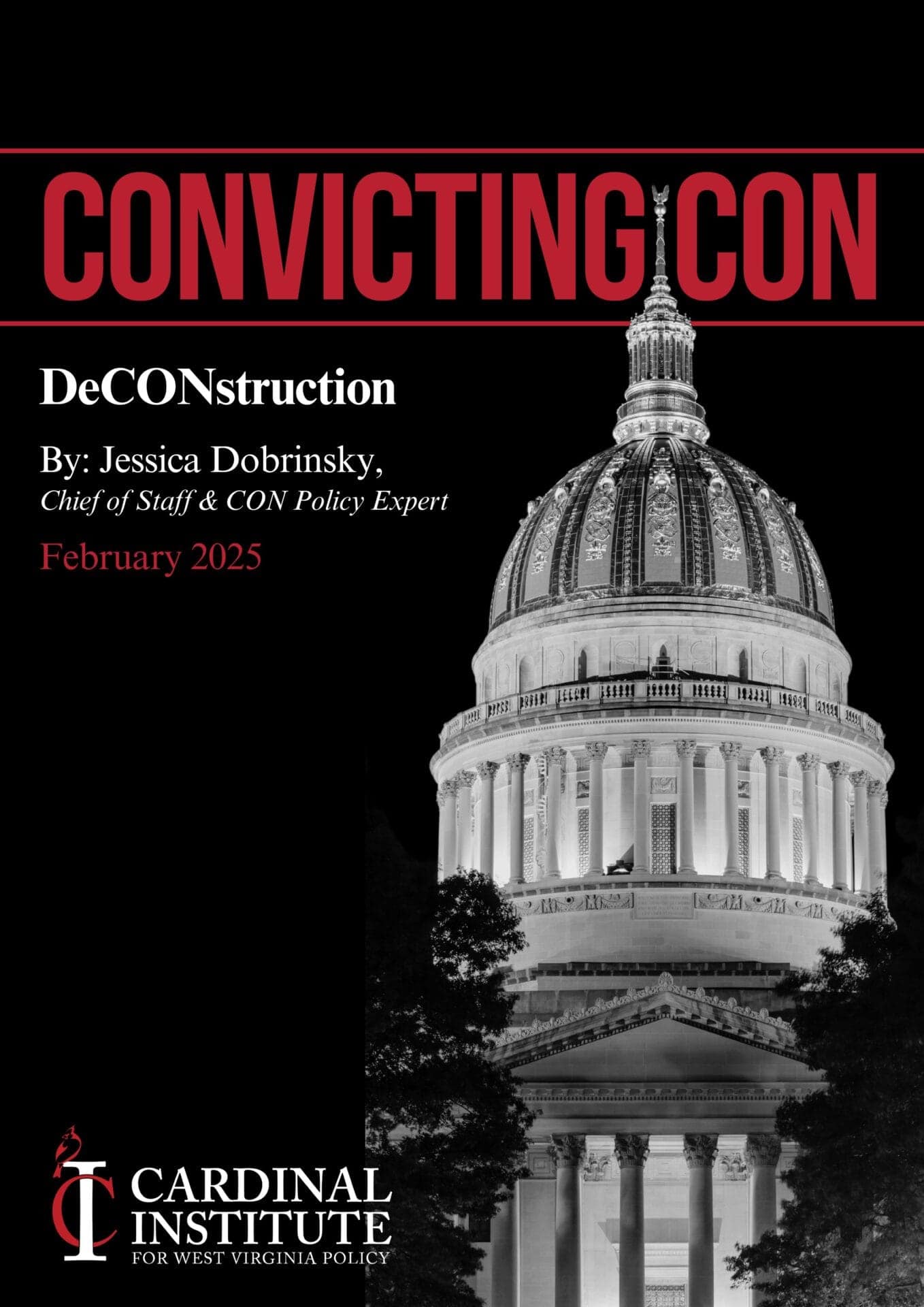
In Defense of Situational Tribalism
Tribalism is a Human Impulse
In an election year, it’s hard to avoid lamentations about tribalism and the general negative effect it has on the national discourse. I’m inclined to agree in most instances, especially when this political tribalism seems to distract our elected officials from grappling with major issues facing the country.
So obviously, tribalism is bad. Right?

For better or worse, the tendency to stick close to “our own” is a very human impulse. In the absence of deeper knowledge and information to judge the trustworthiness of people we don’t know, we rely on easy distinctions to sort who is part of our group and who isn’t. How that manifests itself varies across situations. The litmus test might be anything from race, gender, nationality, religion, or political affiliation. It might also be as silly as whether you prefer red or white wine, craft or mass market beers, or Starbucks versus local indie coffee shops.
…in other words, we ease into tribalism…
Tribalism is Economic Signaling
As an economist, I can’t begrudge it too much. All told, this is an efficient way to give a quick “thumbs up” or “thumbs down” judgment in low-information scenarios.
But this isn’t a great way to handle all scenarios. As my opening words suggest, politics is not a great setting for tribalism. That instinct may serve as a decent starting point. However, nothing in politics or policy is ever moving so quickly that the tribal instinct should be anyone’s final stop on the judgment train. Moreover, the stakes in political settings are high enough that a snap decision based on tribal criteria should strike anyone as woefully insufficient.
If this is a setting where we as citizens are entrusting a very small subset of the population to represent us and make policy decisions that will affect our lives and pocketbooks, we should hold ourselves to a higher standard of decision-making. Simply saying “she’s on my team, therefore she’s good” or “he’s not on my team, therefore he’s bad” isn’t enough. Take the time to fairly criticize the flaws of your “teammates” and give due credit when your “opponents” merit praise.
But if tribalism is a human tendency, what are we to do with that instinct? Where can we more appropriately channel it?
Sports Fandoms May Be The Answer
Dear reader, allow me to suggest channeling that into sports fandom.
Pride and bragging rights aside — the stakes are low, and we’re not active participants in the happenings. The choice of what tribe we align ourselves with has almost no real effect on the lives of others. Plus, the inherently physical nature of sporting competitions calls upon our most primal instincts.
This tribalism is what creates the allure of a fabled sports bar in a city far away from the team’s home. It causes us to leap for joy and high-five strangers in seats around us when our team scores. This kind of tribalism might give us that little catch in our throat and watery eyes this summer when Old Glory is raised high, the Star-Spangled Banner is played, and a gold medal is draped around the neck of an American Olympian in Paris. This tribalism invites us to put our arms around our neighbor’s shoulders at Milan Puskar Stadium to sway and sing Take Me Home, Country Roads after a Mountaineer football victory.
In the right setting, tribalism is fine — fun, even. But as November draws closer, channel that urge somewhere besides the politics.
Jessi Troyan is the Director of Policy & Research for the Cardinal Institute for West Virginia Policy.







